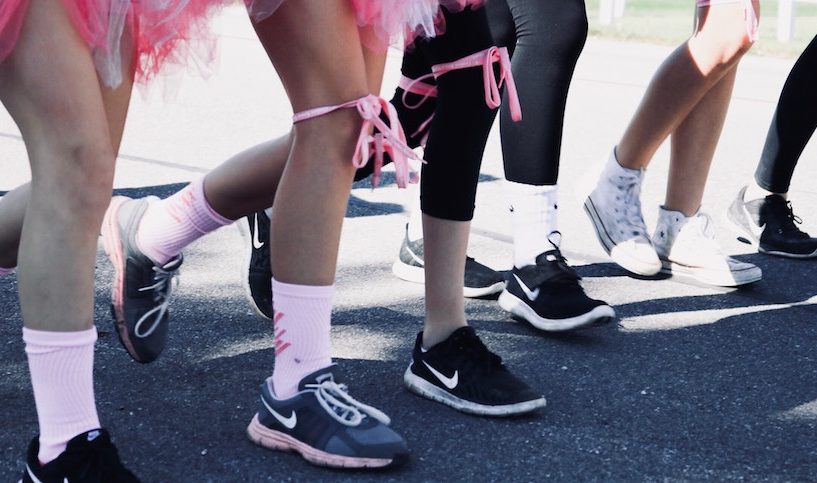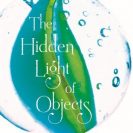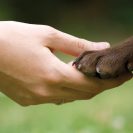The skill of being still and the habit of reflection are all but lost in our busy, consumer-driven lives. While meditation and mindfulness have become the new self-care buzz words, in reality, despite the media noise about cultivating inner quiet, neither one of these habits has truly impacted the way we humans live. We’re mostly ‘Human Doings’ instead of ‘Human Beings.’
Re·flec·tion /re’flekSHǝn/ ‘serious thought or consideration’ Synonyms: thought, thinking, consideration, contemplation, study, deliberation, pondering, meditation, musing, rumination, cogitation, brooding, agonizing. Clearly, the habit of reflection requires one to stop doing and be still; To quiet one’s ‘Self’ and be present in the moment that is now.
That was something I didn’t do very often prior to Detour2017. Looking back now, I know that there were signs in my body that something was happening, but I shrugged off every change. ‘I’m 54 years old. Gaining a little weight is a wretched part of menopause.’ ‘Being so tired is a consequence of the way that I work.’ ‘I can’t run right now because I’m not eating well enough.’ And, so it went. I didn’t stop and reflect on what was happening in my body. Life came to a crashing halt in May 2017 when an emergency trip to the hospital resulted in a diagnosis of Stage III ovarian cancer.
October is Breast Cancer Awareness Month.
Nearly 1.7 million new breast cancer cases are diagnosed each year. Breast cancer is the second most common cancer in women worldwide. (Lung cancer is the most common cancer diagnosis in both women and men.) In 2017, breast cancer represented about 12% of all new cancer cases and 25% of all cancers in women. In real numbers this means every year, 26,000+ women are diagnosed with breast cancer; Stage I 20-year survival rate = 99%. Stage II survival rate over the same period is about 93%. For women with Stage III, prognosis predictions are reduced to a 5-year period and survival is approximately 72%. Stage IV prognosis is about 22%. Stage I means the cancer is small and only in one area. This is also called ‘early-stage cancer.’ Stage II is a larger mass than Stage I and may involve lymph nodes nearby but is still encapsulated. Stage III indicates the cancer is larger and has grown into lymph nodes and nearby tissues. Stage IV means the cancer has spread to other parts of the body or ‘metastasized’.
Thousands of women die every year because we don’t reflect on our own health with enough regularity to recognize that something has changed. We also tend not to follow good health practices that would help to identify those changes. In the stillness of reflecting, experience and intuition come together – random anomalies easily dismissed may suddenly coalesce into a Thing.
Breast cancer, if caught early, is treatable. In Kuwait, 10 women in every 1,000 develop breast cancer. There are five health cancer care centers in Kuwait, located in South Khaitan, Al-Zahra, Al-Naeem, Al-Egaila and Al-Surra, all of which offer mammograms, free for Kuwaitis, and fee-for-service for expats. If you’re a woman over 40, you need to add “Mammogram” to your yearly ‘To Do’ health list. If you have factors which make breast cancer a higher statistical risk, start getting screened earlier. The survival rate for early stage breast cancer is 99%.
Thankfully, two years past my own experience of cancer, I am healthy, running again, and very conscious of the fragility of life. Don’t wait. Book that mammogram now.
Susannah-Joy is a psychotherapist and complex trauma specialist based in Canada. Find her on Twitter @aboutthattrauma, Instagram @SuJo1963 and Facebook @william.associates.










